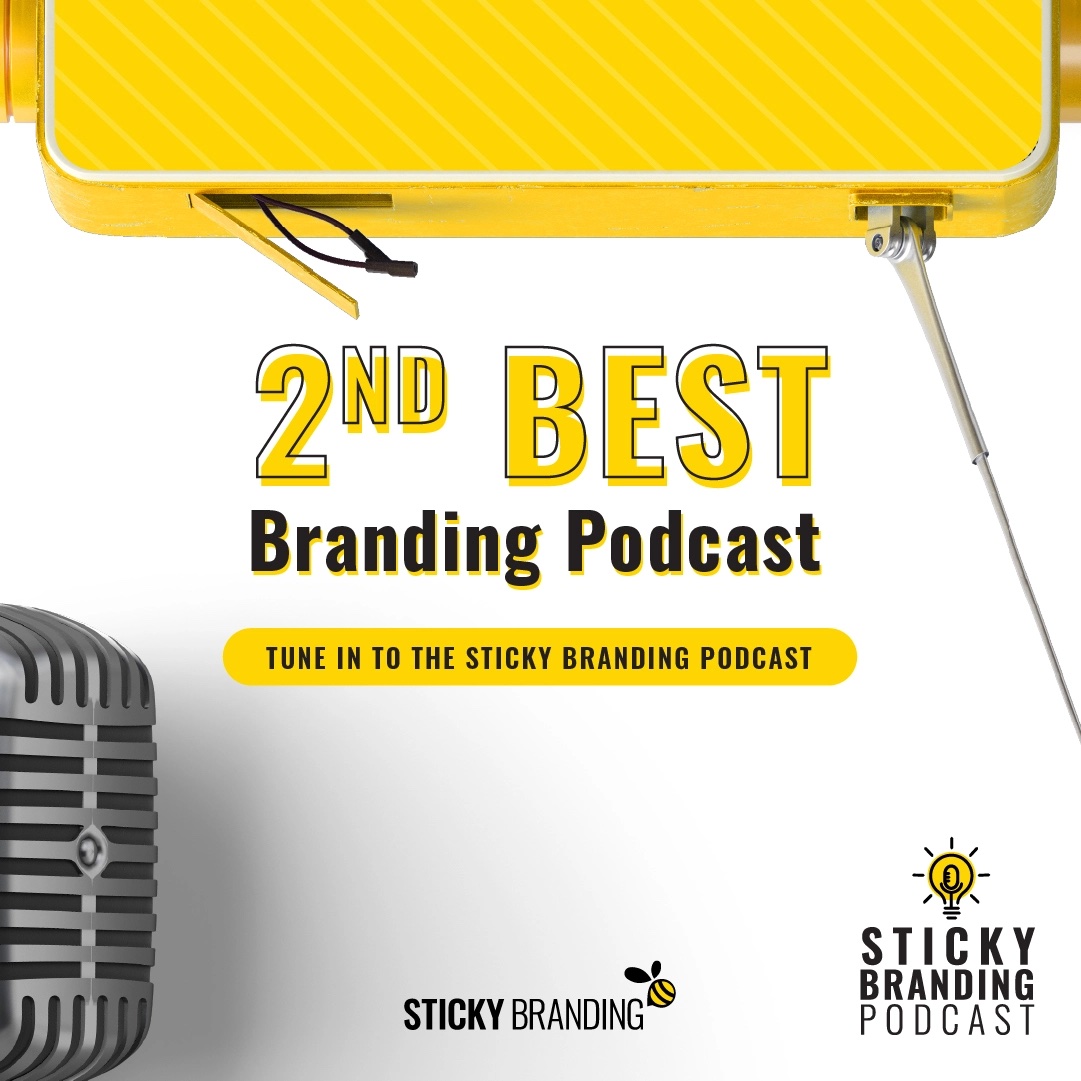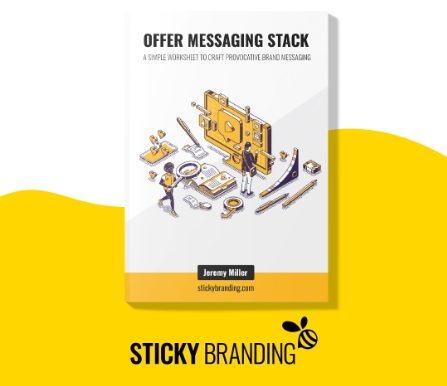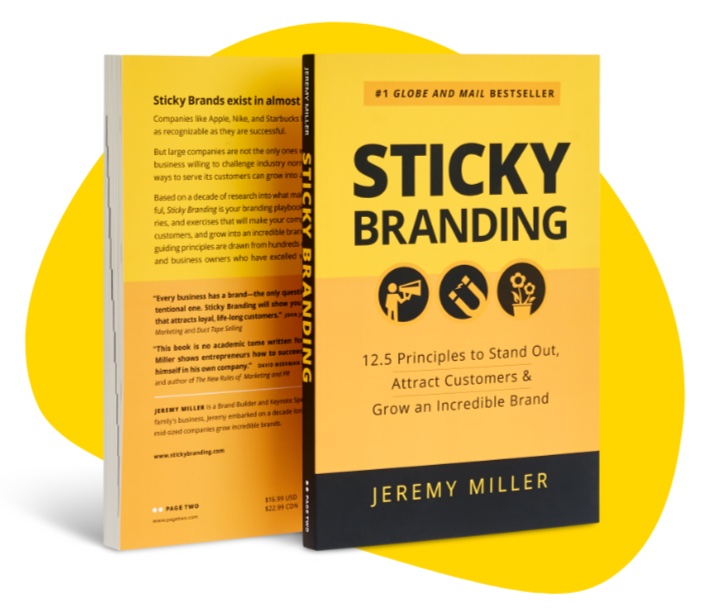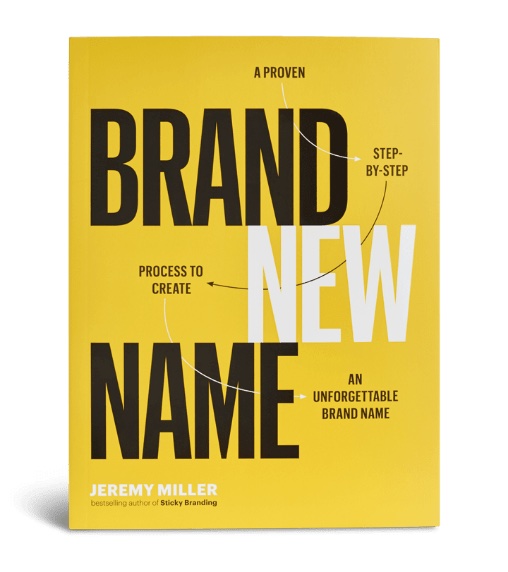Too often companies talk about “partnering” with their customers. What does that mean? And more importantly, do customers even want that?
Partners are the closest form of business relationships. Think of them as a spouse or a dear family member that you would do anything for. Tom Rath, the author of Vital Friends, discusses the 8 types of friends: Builder, Champion, Collaborator, Companion, Connector, Energizer, Mind Opener and Navigator. A partner is a Companion.
The Companion is the closest form of friendship. It is a true partnership. As Rath describes,
“A Companion is always there for you, whatever the circumstances. You share a bond that is virtually unbreakable … Companions take pride in your relationship, and they will sacrifice for your benefit. They are friends for whom you might literally put your life on the line.”
Pretty powerful stuff. Do you have that level of relationship with your customers? Do you even want that?
Customers want results
What do you expect from your vendors? Are you looking for incredible customer service? Are you looking for a memorable experience every time you call them? Or are you looking for their product or service to deliver on its promise?
I choose “deliver on its promise” every time. I want my packages shipped on time. I want my accountant to be accurate and provide targeted advice. I want my vendors to do what I pay them to do. I don’t need a partner. I need a result.
My belief was echoed in the article, “Stop Trying to Delight Your Customers“, published in the July-August 2010 issue of the Harvard Business Review. Matthew Dixon et al. write, “Delighting customers doesn’t build loyalty; reducing their effort – the work they must do to get their problem solved – does … When it comes to service, companies create loyal customers primarily by helping them solve their problems quickly and easily.”
What’s even more striking is exceptional customer service doesn’t deliver higher levels of customer loyalty. Dixon et al. go on to say,
“According to conventional wisdom, customers are more loyal to firms that go above and beyond. But our research shows that exceeding their expectations during service interactions (for example, by offering a refund, a free product, or a free service such as expedited shipping) makes customers only marginally more loyal than simply meeting their needs.”
What type of customer relationships do you create?
When you look beyond the folklore of management, you can start to understand how you work with your customers. Vital Friends provides an interesting framework for how customers perceive their relationship with your brand.
Rath’s definitions of the 8 types of friends (loosely quoted):
- Builder: Great motivators always pushing you toward the finish line. They invest in your development and genuinely want you to succeed.
- Champion: Stands up for you and what you in believe in. They are friends who sing your praise.
- Collaborator: Have similar interests or passions such as sports, food or professional interests.
- Companion (partner): Always there for you, and share a bond that is virtually unbreakable.
- Connector: A bridge builder who helps you get what you want. They get to know you, and introduce you to others who can assist you.
- Energizer: “Fun Friends” who always give you a boost, and deliver positive moments when you are together.
- Mind Openers: Expand your horizons and encourage you to embrace new ideas, opportunities, cultures and people.
- Navigators: Give you advice and keep you headed in the right direction. You go to them when you need guidance, and they will talk you through the pros and cons of a decision until you find an answer.
What type of relationship do you have with your customers? How do they perceive you?
You may find your customers fall into different groups. That’s fine. You may have multiple customer segments that rely on you more closely, or work with you differently. By recognizing how you work with your customers you can take strides to strengthen those relationships, and better fit their needs.
Remember the goal is not to partner, but to solve problems and deliver results.





